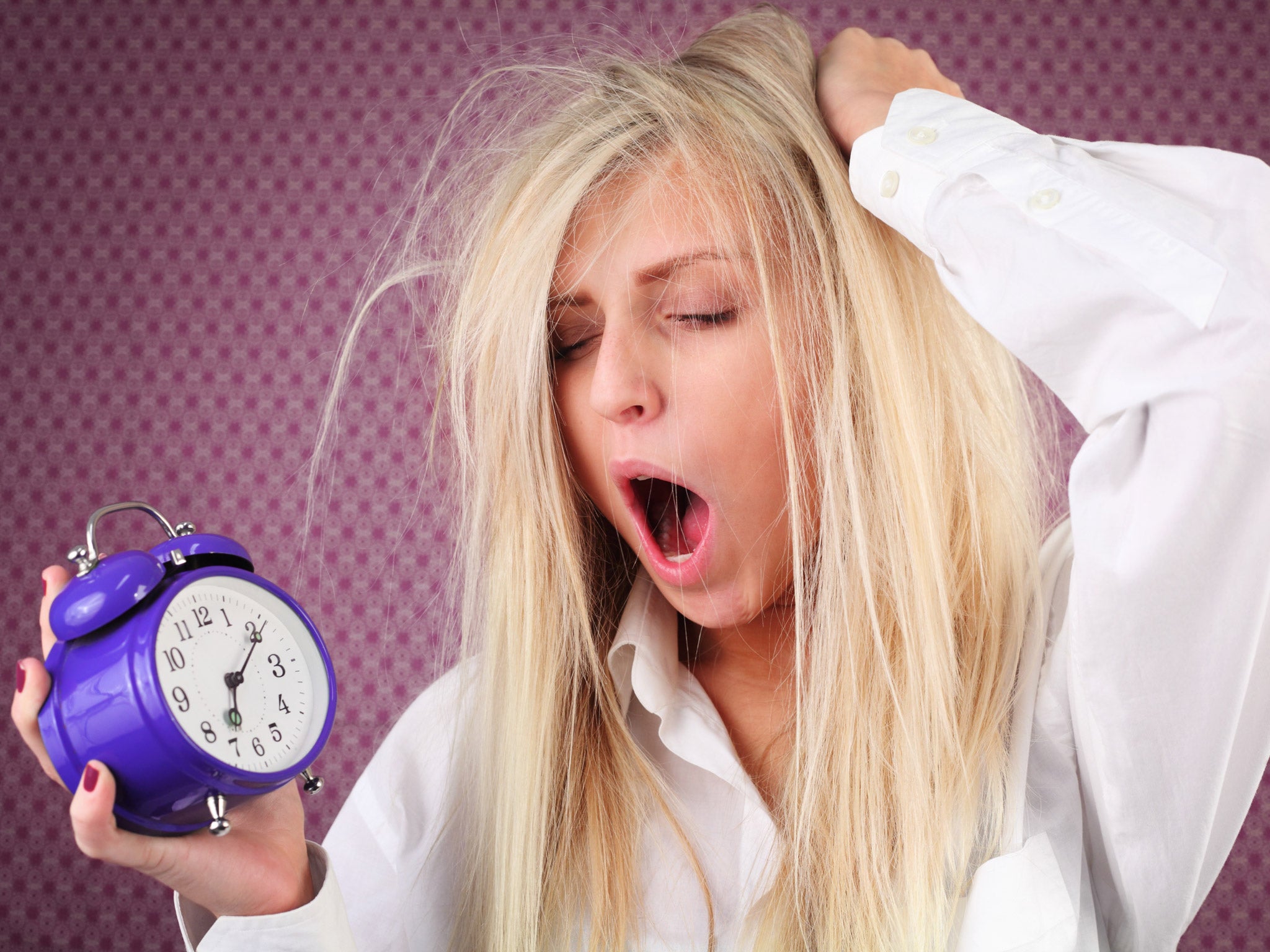My brain's tired! Scientists looking at seratonin find you may well be right

Your support helps us to tell the story
From reproductive rights to climate change to Big Tech, The Independent is on the ground when the story is developing. Whether it's investigating the financials of Elon Musk's pro-Trump PAC or producing our latest documentary, 'The A Word', which shines a light on the American women fighting for reproductive rights, we know how important it is to parse out the facts from the messaging.
At such a critical moment in US history, we need reporters on the ground. Your donation allows us to keep sending journalists to speak to both sides of the story.
The Independent is trusted by Americans across the entire political spectrum. And unlike many other quality news outlets, we choose not to lock Americans out of our reporting and analysis with paywalls. We believe quality journalism should be available to everyone, paid for by those who can afford it.
Your support makes all the difference.Physical exhaustion can occur when the brain – as well as the muscles – grows tired according to a study that sheds fresh light on the role played by the mind in determining endurance levels.
Scientists have found that a key neurotransmitter in the brain, which controls signalling between nerve cells, can determine whether someone feels exhausted following physical exercise or after taking anti-depressant drugs such as Prozac.
Although levels of serotonin rise during exercise, which provides a psychological boost and “feel-good” factor, it can also result in a widespread central fatigue that ultimately leads to someone feeling exhausted and unable to carry on, scientists found.
Researchers led by Professor Jean-Francois Perrier of the University of Copenhagen found that while serotonin helps to keep people going during the early stage of vigorous exercise, a build-up of the neurotransmitter in the brain can have the opposite effect by causing “central fatigue” of the nervous system even when the muscles are still able to carry on.
“We can now see it is actually a surplus of serotonin that triggers a braking mechanism in the brain. In other words, serotonin functions as an accelerator but also as a brake when the strain becomes excessive,” said Professor Perrier, whose study is published in the Proceedings of the National Academy of Sciences.
“The discovery brings us a step closer to finding ways of controlling serotonin. In other words, whether it will have an activating effect or trigger central fatigue. It is all about selectively activating the receptors which serotonin attaches to,” Professor Perrier said.
“For selective serotonin re-uptake inhibitors [eg Prozac] we can possibly help explain why those who take the drugs often feel more tired and also become slightly clumsier than other people. What we now know can help us develop better drugs,” he said.
Join our commenting forum
Join thought-provoking conversations, follow other Independent readers and see their replies
Comments